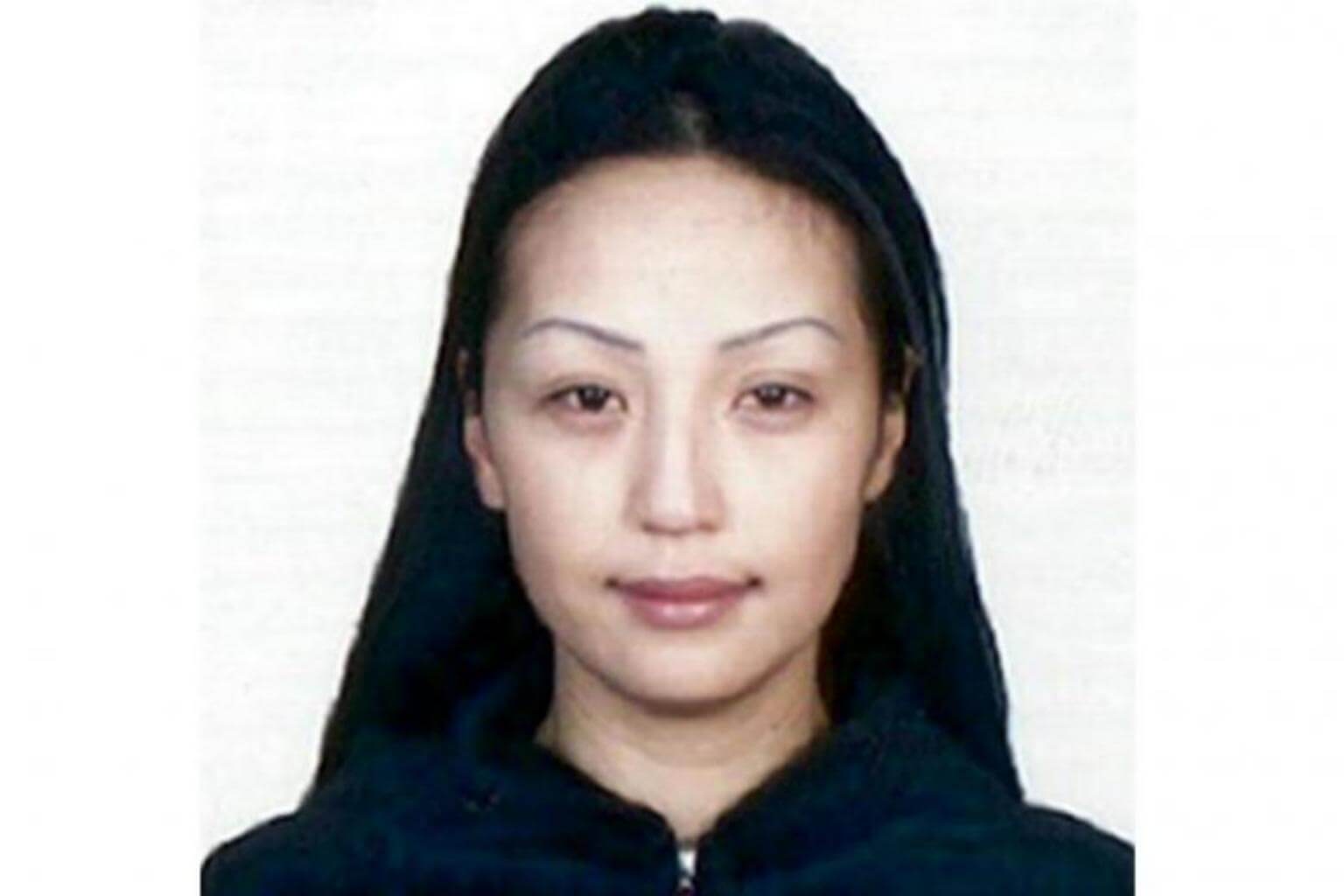Mongolian model Altantuya's murder must be proven all over again in civil suit, rules Malaysian High Court
Sign up now: Get ST's newsletters delivered to your inbox

Mongolian model Altantuya Shaariibuu was blown up with military grade explosives in a forest on the outskirts of Malaysia's capital in 2006.
PHOTO: SIN CHEW JIT POH
Follow topic:
SHAH ALAM (THE STAR/ASIA NEWS NETWORK) - The High Court in Malaysia has ruled that evidence from the Altantuya Shaariibuu criminal case, which found two police officers guilty of her murder, cannot be used in the civil case by her family against the government.
This means the family would have to prove that the officers murdered her all over again.
Justice Vazeer Alam Mydin Meera dismissed an application by the family of Ms Altantuya, the deceased Mongolian model and translator, to include evidence of her murder case in their suit.
Justice Vazeer said he was bound by Section 43 of the Evidence Act which restricted him from relying on the criminal conviction that found the two police officers guilty of her murder.
Ms Altantuya's father Shaariibuu Setev, along with his wife and Ms Altantuya's two sons, filed a RM100 million (S$33 million) suit on June 4, 2007, claiming that Ms Altantuya's death had caused them mental and psychological trauma.
They named the two police officers - Azilah Hadri and Sirul Azhar Umar - as well as political analyst Abdul Razak Baginda and the government as defendants in the suit.
In the statement of claim, the family alleged there was conspiracy in Ms Altantuya's murder and is seeking damages, including dependency claims.
Met after the decision, the family's counsel Sangeet Kaur Deo said the High Court disallowed their application to add the criminal conviction into the civil suit.
"Section 43 of the Act basically stated that a judgment or conviction in another court cannot be used in subsequent proceedings.
"For that reason, my clients (plaintiffs) are required to prove the killing all over again in this court," she said.
The plaintiff would have to recall the witnesses of the High Court criminal case, including the police.
The standard of proof required in a civil court is at a lower level (called "the balance of probabilities") compared to the standard required in a criminal court (which is called "beyond a reasonable doubt").
Thus, evidence in criminal case has passed a stricter test than in a civil case, yet strangely, in Malaysia, it cannot be used in a civil suit.
Ms Sangeet explained that Section 43 of the Evidence Act was based on the old English position of law.
She said it was time the government and the Attorney-General Tommy Thomas considered amending the Evidence Act to allow criminal proceedings to be used in a civil trial.
The law has been already been amended as such in the United Kingdom and Singapore.
Ms Sangeet said their application was basically to ask the court to test whether the law allowed them to rely on the criminal conviction for their civil case.
She added that she had been instructed to file an appeal this week.
In a related case, the government is also seeking to be left out of the RM100 million civil suit filed by Ms Altantuya's family. The Federal Court will on Nov 12 hear the government's appeal against a Court of Appeal's decision in reinstating it as a defendant in the RM100 million lawsuit.
On Aug 23 last year, the Shah Alam High Court allowed the government's application to strike out the suit. But the Court of Appeal overturned that decision on March 14, this year.
Abdul Razak was charged with conspiring with Azilah and Sirul Azhar to kill Ms Altantuya in 2006, but he was acquitted of the charge in October 2008 without having to enter his defence.
Azilah and Sirul Azhar were found guilty of the murder in 2009.
On Aug 23, 2013, the Court of Appeal allowed Azilah and Sirul Azhar's appeal and acquitted them of the charge.
However, on Jan 13, 2015, the Federal Court allowed the government's appeal and overturned their acquittal.
They were found guilty of murder and sentenced to death.
Sirul Azhar fled to Australia before the verdict by the Federal Court was delivered in 2015 and is currently held at an Australian detention centre.

